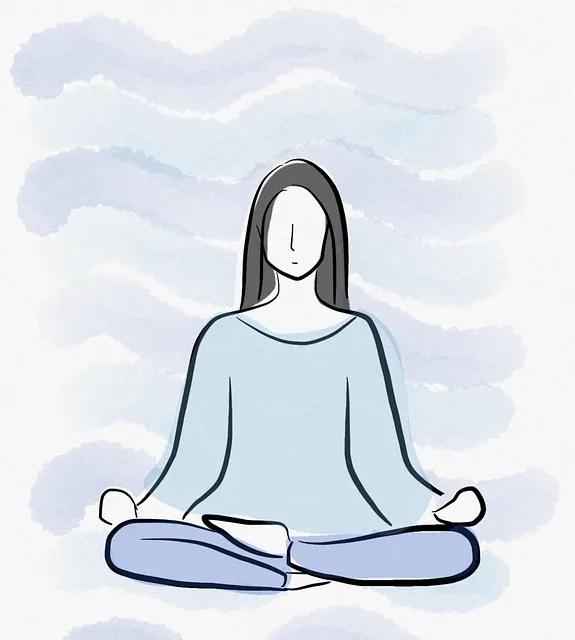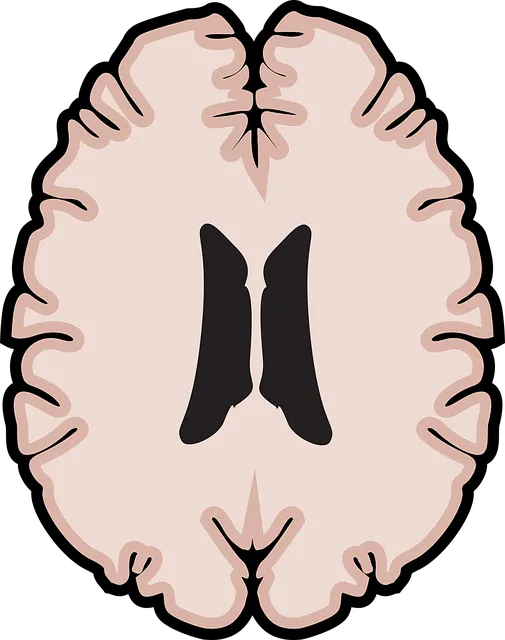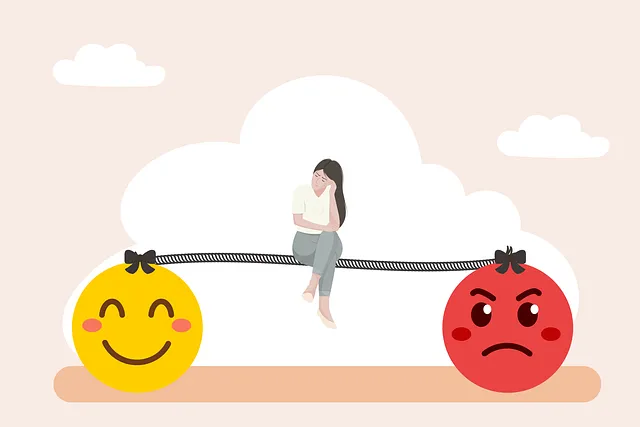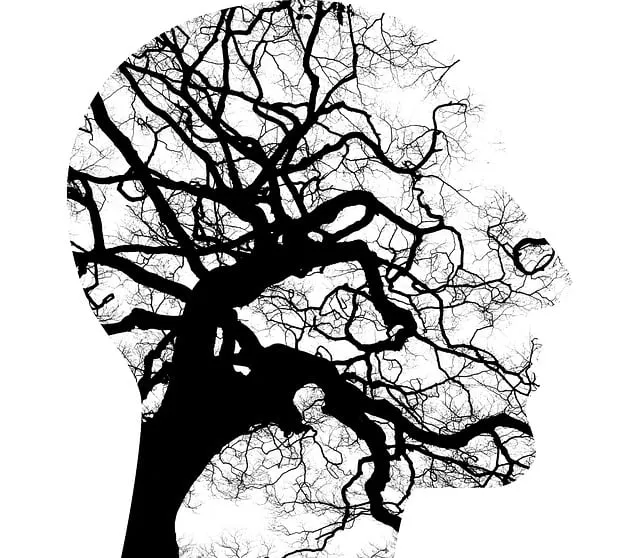Stress, a multifaceted response to internal and external stimuli, significantly impacts mental well-being. The Aurora Kaiser Permanente Mental Health Center emphasizes recognizing common stressors like work pressure, financial concerns, relationships, health, and daily events. Self-care routines including mindfulness, exercise, adequate sleep, meditation, yoga, and social connections combat stress, enhance emotional regulation, and promote resilience. Mindfulness and meditation, highlighted in Aurora Kaiser Permanente mental health center reviews, reduce anxiety and depression. Cognitive Behavioral Therapy (CBT) targets negative thought patterns for balanced perspectives. Relaxation strategies like deep breathing and yoga offer effective stress reduction.
Stress reduction is a vital aspect of maintaining good mental health, and at the Aurora Kaiser Permanente Mental Health Center, we offer comprehensive strategies for achieving inner peace. This article explores various effective methods to combat stress, including understanding its root causes and triggers. From lifestyle adjustments to evidence-based therapies like CBT, and relaxation techniques such as meditation and deep breathing, discover a holistic approach to calming your mind. Explore these practices to find your personalized path to stress reduction, as recommended by our expert center.
- Understanding Stress: Causes and Common Triggers
- Lifestyle Changes for a Calmer Mindset
- The Power of Mindfulness and Meditation Techniques
- Cognitive Behavioral Therapy (CBT): A Structured Approach
- Relaxation Strategies: From Deep Breathing to Yoga
Understanding Stress: Causes and Common Triggers

Stress is a complex response to various internal and external factors that can significantly impact our mental health. The Aurora Kaiser Permanente Mental Health Center reviews highlight the increasing recognition of stress as a prevalent concern among individuals seeking support for their well-being. Understanding the causes and triggers of stress is an essential first step in managing it effectively.
Common stressors include work-related pressure, financial worries, personal relationships, health issues, and even everyday life events. For instance, maintaining a Self-Care Routine Development for Better Mental Health can be a powerful tool to combat stress. By prioritizing emotional regulation and adopting practices like mindfulness, exercise, and sufficient sleep, individuals can reduce the impact of triggers and improve their overall mental health awareness. Enhancing one’s ability to manage stress is crucial for fostering resilience and promoting a healthier, more balanced lifestyle.
Lifestyle Changes for a Calmer Mindset

Adopting a calmer mindset starts with intentional lifestyle changes. At the Aurora Kaiser Permanente mental health center, reviews highlight the importance of regular exercise, healthy eating, and sufficient sleep as foundational pillars for mental wellness. Engaging in activities that promote relaxation, such as meditation or yoga, can significantly enhance mood management skills and foster a sense of inner peace. Additionally, prioritizing social connections and practicing mindfulness techniques like deep breathing exercises have been shown to boost confidence and overall well-being.
These lifestyle adjustments, when consistently implemented, can create a soothing routine that quiets the mind and reduces stress levels. The Aurora Kaiser Permanente mental health center reviews further emphasize the value of setting realistic goals, managing time effectively, and practicing self-care as essential components in cultivating a more balanced and serene mindset.
The Power of Mindfulness and Meditation Techniques

Mindfulness and meditation have emerged as powerful tools for stress reduction, gaining significant attention from mental health professionals like those at Aurora Kaiser Permanente. These techniques encourage individuals to focus on the present moment, cultivating a sense of calm and clarity. By observing thoughts and sensations without judgment, one can achieve a deeper state of relaxation and improve overall well-being.
The benefits extend beyond stress reduction; mindfulness meditation has been linked to enhanced emotional regulation, better concentration, and even improved physical health. Aurora Kaiser Permanente’s mental health center reviews highlight the effectiveness of these practices in managing anxiety and depression. Social Skills Training and Cultural Sensitivity in Mental Healthcare Practice are also integral parts of holistic treatment plans, enabling individuals to navigate social interactions with greater ease and fostering a sense of belonging. Additionally, well-designed Mental Health Education Programs can equip people with mindfulness techniques as part of their stress management toolkit.
Cognitive Behavioral Therapy (CBT): A Structured Approach

Cognitive Behavioral Therapy (CBT) is a structured approach to stress reduction that focuses on identifying and changing negative thought patterns and behaviors. This evidence-based method, offered by mental health professionals like those at Aurora Kaiser Permanente mental health center reviews, helps individuals understand how their thoughts influence their emotions and actions. By challenging and modifying these thought processes, CBT equips people with effective coping strategies to manage stress more efficiently.
Through structured sessions, CBT encourages emotional regulation by teaching clients to recognize and reframe negative or distorted thinking. This process empowers them to make healthier choices and develop a more balanced perspective on life’s challenges. As a result, it becomes easier for individuals to navigate stressful situations with improved resilience and better mental health, aligning with the broader goals of Mental Health Policy Analysis and Advocacy for comprehensive stress management.
Relaxation Strategies: From Deep Breathing to Yoga

Relaxation strategies are an essential part of stress reduction methods, offering techniques to calm both mind and body. One popular practice gaining traction is deep breathing exercises, encouraged by mental health experts like those at Aurora Kaiser Permanente. By focusing on slow, controlled breaths, individuals can activate their parasympathetic nervous system, promoting relaxation and reducing stress hormones. This simple yet powerful tool is accessible to everyone and can be done almost anywhere, making it a go-to for many seeking mental wellness.
Beyond deep breathing, yoga has emerged as a comprehensive practice for stress reduction. Combining physical postures with mindfulness and breath control, yoga aligns with the Mind Over Matter principles advocated by various community outreach programs. Regular practice enhances self-awareness exercises, helping individuals cultivate a deeper connection between mind and body. The serene atmosphere of many yoga studios, combined with the focus on present-moment awareness, can also serve as a sanctuary from life’s stressors, offering a much-needed mental health respite.
Stress reduction is a journey tailored to each individual, as evidenced by the diverse methods explored in this article. From understanding stress triggers to adopting mindfulness practices and cognitive behavioral therapy, there’s a holistic approach for everyone. For those seeking professional guidance, the Aurora Kaiser Permanente mental health center reviews highlight its comprehensive services, offering a beacon of hope and effective solutions to navigate life’s challenges with resilience. Embrace these strategies, find your balance, and cultivate a calmer, more balanced mindset.



